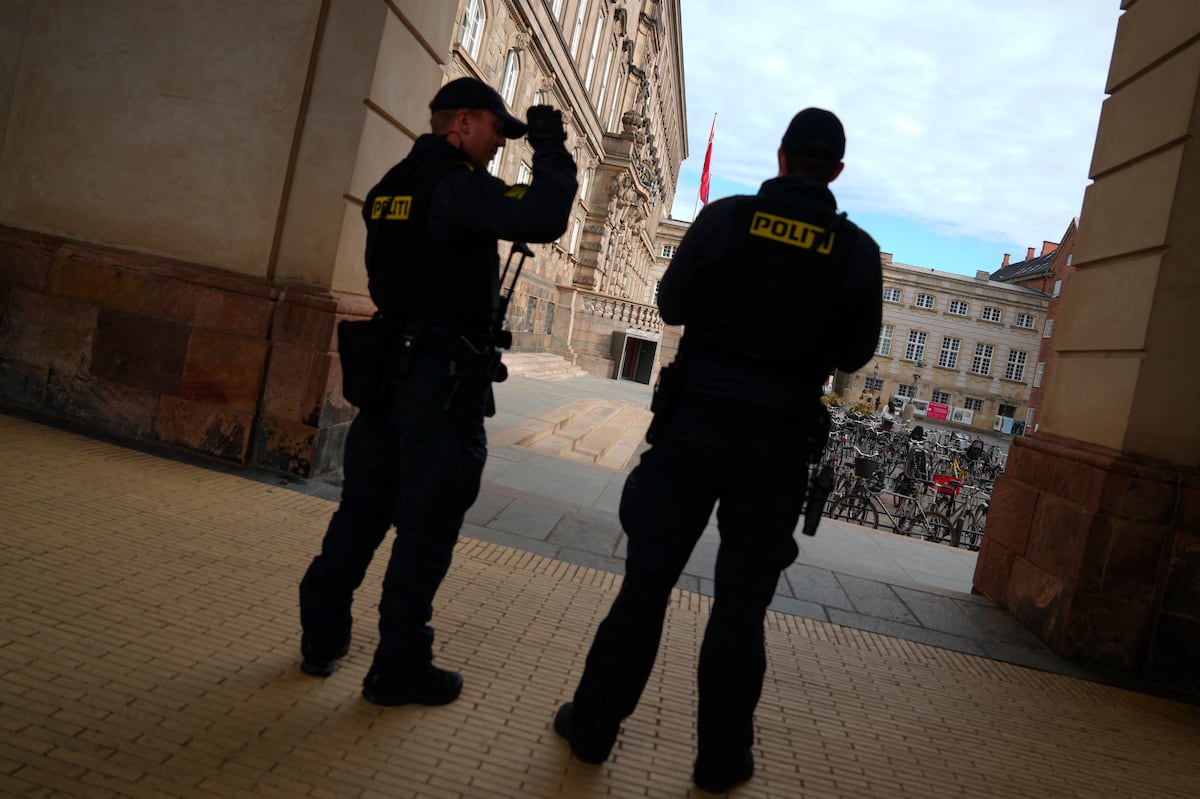


PARIS — France sent a military anti-drone unit to Denmark, and Sweden is planning to do the same, as the allies seek to help secure an informal European Union summit in Copenhagen this week against aerial threats, following recent flights of unidentified drones in Danish airspace.
The French military has deployed a team of 35 personnel with a Fennec light helicopter and “active anti-drone capabilities,” the country’s Armed Forces Ministry said in a statement Monday. Meanwhile, Sweden will send a military unit with anti-drone capabilities following a Danish request, Prime Minister Ulf Kristersson said in a briefing in Stockholm.
“The main purpose is to protect the Copenhagen area from unwelcome drone visits, drone attacks for a period of time,” Kristersson said, speaking in Swedish.
Denmark in recent days observed unexplained drone activity at several of its airports as well as military locations. So far it’s unclear who is behind the drone activity, though NATO Secretary General Mark Rutte said last week Russian involvement can’t be ruled out.
The French detachment was sent to Denmark following a decision by President Emmanuel Macron, according to the French Armed Forces Ministry. The detachment is already operational and will act in full cooperation with Danish authorities, it said.
“This detachment complements the Danish and European resources deployed for this occasion, and illustrates European solidarity in defense against this serious threat,” the ministry said.
Germany also sent anti-drone equipment to Denmark to enhance security during the EU summit, the Danish Ministry of Defence said on Sunday. Meanwhile, the German air-defense frigate Hamburg made a port call in Copenhagen and will support enhanced vigilance as part of operation Baltic Sentry, according to NATO Maritime Command.
Sweden is also sending radar capabilities to be able to detect threats over a wider area, according to Kristersson. He said the Swedish armed forces worked over the weekend to ensure the necessary equipment is now on its way to Copenhagen.
With 44 European prime ministers due to arrive in Copenhagen, Denmark took the risk of the summit being affected or cancelled “very seriously,” according to Kristersson.
Denmark currently lacks any ground-based missile defense after decommissioning its Hawk missile units 20 years ago. The country has been scrambling in past months to secure air defense systems from three different suppliers to build an initial capacity as soon as possible.
Recent violations of European airspace and other incidents show the link between Russia’s war against Ukraine and broader European security, “and for this reason we must continue to counter Russia,” Sweden’s Foreign Minister Maria Malmer Stenergard said in the briefing with Kristersson.
Russia’s actions right now point to increased risk-taking, according to the Swedish PM. He said the country does not have intelligence or evidence that links the Danish drone flights to Russia, “but we are not naive.”
Andrius Kubilius, the EU commissioner for defense and space on Friday said European plans for a “drone wall” to protect the bloc’s Eastern border against incursions by unmanned aerial vehicles had moved from discussions to concrete actions.
Rudy Ruitenberg is a Europe correspondent for Defense News. He started his career at Bloomberg News and has experience reporting on technology, commodity markets and politics.

